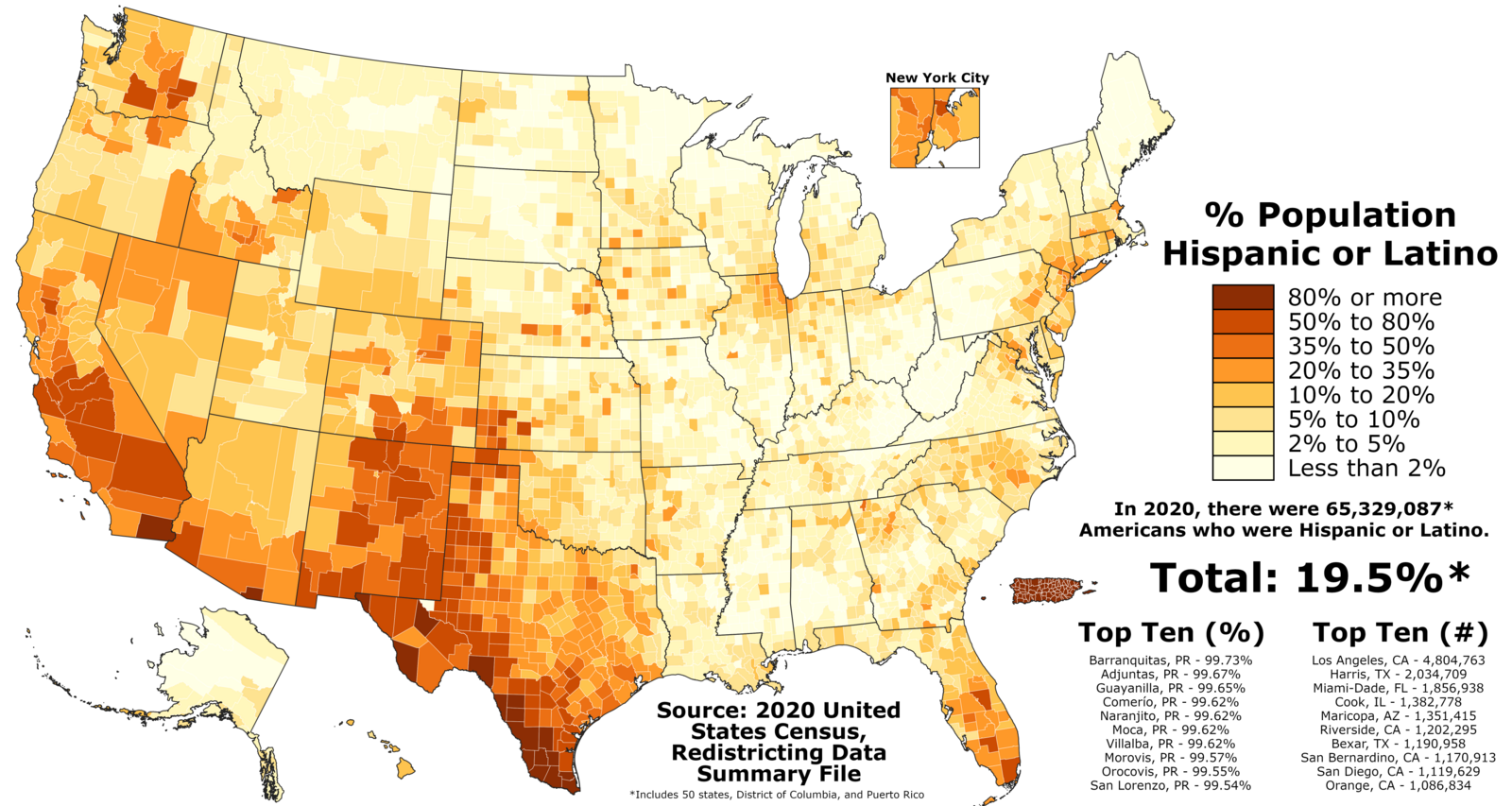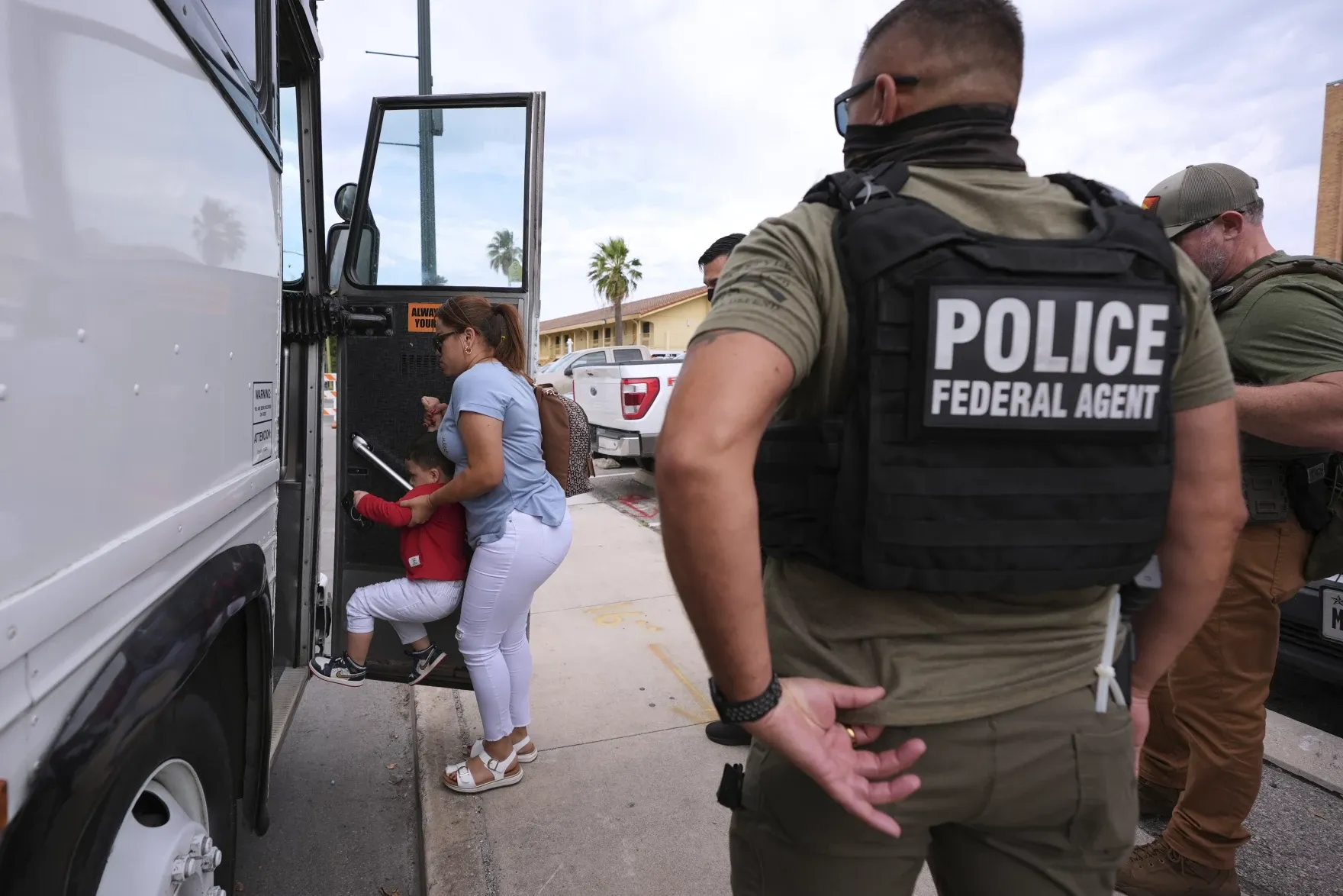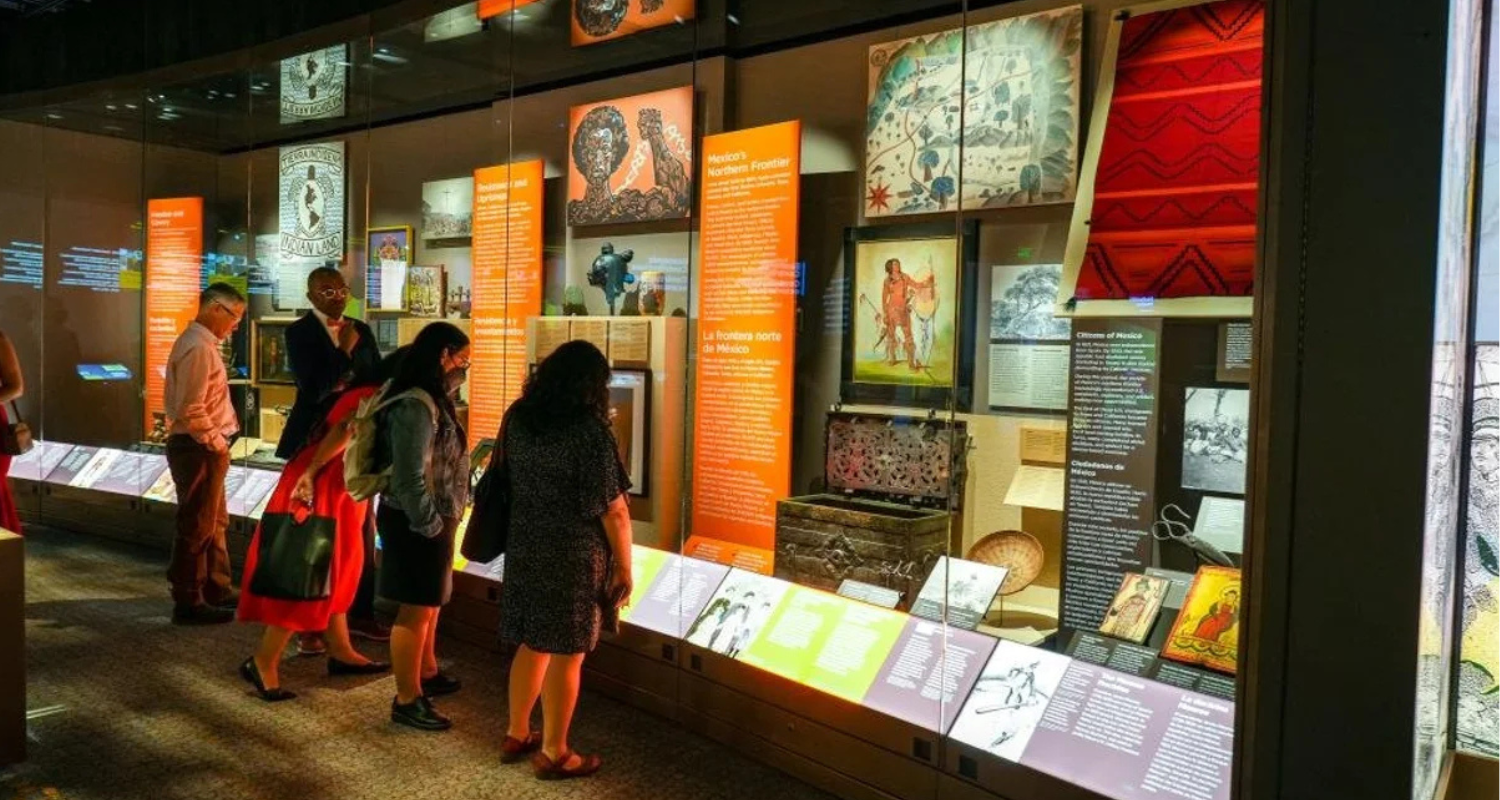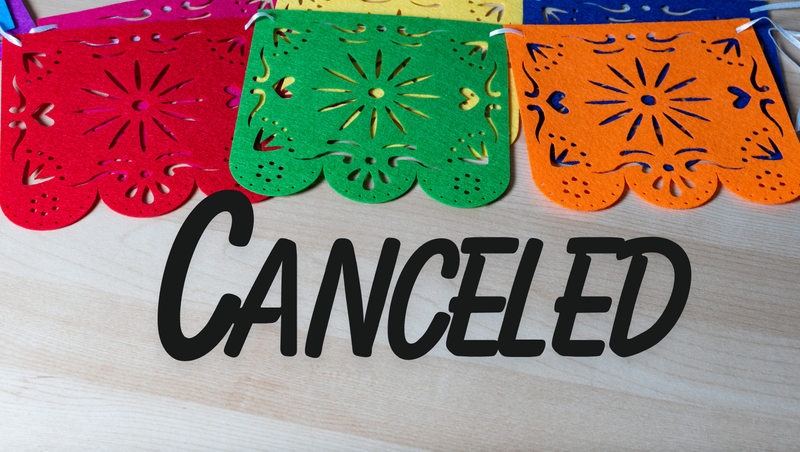Hispanic Heritage Month began this month with suggestions to be cautious. Across several states, Latino organizations canceled their in-person Hispanic Heritage Month 2025 festivals and celebrations to protect community members from immigration raids — a reflection of deep anxiety that exists as federal immigration enforcement increases. Yes, there is fear. But it is not paralyzing, it's protective. Families continue to honor their heritage in living rooms, online spaces, and church halls, finding ways to celebrate without compromising safety. Many Latinos have taken to social media with messages of ‘we are not going anywhere’ a sentiment echoed across the nation.
The Origins of Hispanic Heritage Month
Hispanic Heritage Month or Latino Heritage Month (as we call it here at BoldLatina) is an annual celebration in the United States that seeks to recognize, honor, and highlight the history, culture, and contributions of the Latino community. Its origins date back to 1968, during the presidency of Lyndon B. Johnson, when it was established as Hispanic Heritage Week. Two decades later, in 1988, President Ronald Reagan expanded the observance to 30 days, transforming it into Hispanic Heritage Month, which is celebrated from Sept. 15 to Oct. 15.
The dates were not chosen at random; they are intentional and symbolic. Sept. 15 marks the independence anniversaries of Costa Rica, El Salvador, Guatemala, Honduras, and Nicaragua. Mexico celebrates its independence on Sept. 16, and Chile follows on Sept. 18. In this way, Hispanic Heritage Month connects directly to the historical roots of several Latin American countries.

This year, however, Hispanic Heritage Month event cancellations in some targeted sanctuary cities have impacted the sense of security and safety for Latinos.
Raids and Executive Orders Play Out on the Streets
Since January 2025, Trump has signed a series of executive orders including ten focused on the immigration system that have created an atmosphere of uncertainty. The Immigration and Customs Enforcement agency (ICE) has stepped up detentions: according to data from the research center TRAC, the agency averaged 1,007 arrests per day through August, though the presidential target is 3,000.
In the first seven months of his administration, ICE reported nearly 200,000 deportations. Although the pace slowed in July and August, deportations increased this past month, further heightening fear and caution in immigrant communities.
In March 2025, the president signed an executive order designating English as the official language of the United States, a move unprecedented in nearly 250 years. Supporters of the executive order argue it promotes unity and integration among immigrants, while critics see it as a way to limit services for those who do not speak English and a blow to cultural diversity, equity, and inclusion (DEI).
On Sept. 8, 2025, the Supreme Court issued an order in Noem v. Vasquez Perdomo that legal and advocacy groups say could make it easier for immigration enforcement to rely on race and appearance during raids. Advocates call the decision a dangerous precedent that could increase racial and discriminatory enforcement.

Hispanic Heritage Month Festivals Across the Country Postponed or Canceled
In Washington, D.C., the THING NW 2025 festival was drastically scaled back. The multi-day event was restructured to take place only on Saturday, Aug. 2, and Saturday, Aug. 9. In addition, the Seattle Theatre Group (STG) announced on Facebook that the music festival scheduled for Aug. 16, which would have featured iconic Latino artists such as Mon Laferte, Yahritza y Su Esencia, and Rubén Albarrán of Café Tacvba, was canceled. STG cited "community safety concerns" as the reason for the decision.
In Burien, Washington, the Pacific Northwest Folk Festival, scheduled for July 26, was also canceled. Organizers said the decision stemmed from concerns for the safety of both attendees and participants amid recent ICE raids and what they described as racially motivated immigration policies.
Luna García, organizer of the Pacific Northwest Folk Festival, told KING 5, "Safety was our top priority. Our work focuses on ensuring a positive presence in the community."
In Chicago, organizers of “El Grito Chicago,” the festival celebrating Mexico’s independence, announced earlier this month of September that in-person celebrations would be suspended due to the immigration measures implemented by the Trump administration according to CBS News.
"It was a painful decision, but celebrating El Grito Chicago at this moment puts the safety of our community at risk, and that is a risk we are not willing to take," organizers said in posts on social media and local news outlets.
In Indiana, the nonprofit organization La Plaza, known for providing educational, health, and workforce development services to the Latino community, canceled the 44th edition of its “Indianápolis” celebration. Executive Director Miriam Acevedo Davis told local media,
"We will adopt a new approach out of an abundance of caution and a deep commitment to the well-being of the community. The circumstances this year made it impossible to celebrate the event as our community deserves."
ICE arrested approximately 1,400 people in Indiana during the first six months of 2025, a factor organizers said heightened community concerns. To keep the tradition alive, La Plaza plans to move the event online, in collaboration with Univision, sharing stories, landmarks, and notable figures tied to Hispanic Heritage Month.
However, where does this leave our cultural institutions and museums?
The National Museum of the American Latino Under Pressure

The Trump administration has put pressure on cultural institutions and museums despite his contrary White House proclamation to support Hispanic Heritage Month. On his social media platform, Truth Social, Trump accused museums of promoting “woke” culture. The White House acknowledged it was conducting a sweeping review of museum content and operations to ensure they align with its vision of history.
This scrutiny directly affects the National Museum of the American Latino, approved by Congress in 2020 as part of the Smithsonian Institution, which now faces uncertainty due to a proposed federal budget that would eliminate its funding in the 2026 draft. The museum’s mission is to honor the dreams, challenges, and triumphs of U.S. Latinos. However, five years after its approval, construction has yet to begin. The museum currently operates within the Molina Family Latino Gallery at the National Museum of American History. Recently, the exhibition ¡Presente! A Latino History of the United States, which opened in 2022, was quietly closed. The gallery is expected to reopen in spring 2026 with a new exhibition dedicated to salsa, titled ¡Puro Ritmo! The Musical Journey of Salsa
On June 30, 2025, the Congressional Hispanic Caucus (CHC) urged Congress to fund the project, rejecting the Trump administration’s proposal to downgrade it to a smaller “center,” which would have undermined the bipartisan mandate. CHC Chair Rep. Adriano Espaillat said in a statement:
The National Museum of the American Latino was authorized by Congress to tell the full, unapologetic truth about the contributions of Latinos to U.S. history. We cannot allow this critical project to be sidelined or underfunded. A museum on the National Mall is not just long overdue—it is essential.”
Rep. Joaquin Castro added before the museum’s board: “The history of the United States is incomplete without the unique contributions and influence of U.S. Latinos. The museum will tell our story and highlight the important voices of our community. Since its approval in 2020, I have worked to preserve and expand it. Full funding is essential not just for a place on the National Mall, but for our place.”
What This All Means for Latino Communities
In a year of quieted-down Hispanic Heritage Month 2025 festivals and celebrations, and paused plans for the National Museum of the American Latino, Latinos in the United States will not be erased. With or without street festivals, Latino history will demand its place on the National Mall some day, a reminder that the culture of millions cannot be muted by raids or budget cuts.
Every delay, every proposed budget cut, and every attempt to relegate Latinos to secondary class citizens, reinforcing the perception that Latinos are foreigners and ‘dangerous immigrants’ only tends to make our community more resistance and stronger. We are 65.2 million strong making up 19.5% of the population and the country’s largest minority. We are set to become the New Majority in time, potentially reaching over 128 million by 2050.
Let's not forget to be Latino, is to be powerful.

